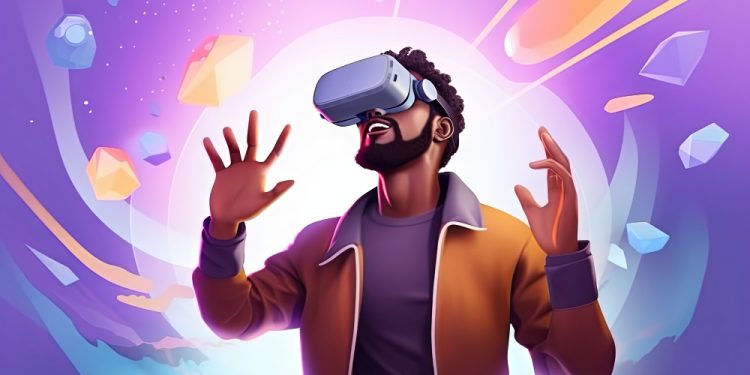Time travel has long fascinated writers and filmmakers—but nowhere is it more interactive, experimental, and mind-bending than in video games. Unlike passive media, games let players experience time loops, paradoxes, and alternate realities firsthand. They don’t just tell you a story about time—they let you change it.
From rewinding decisions to controlling entire timelines, game developers have turned time travel into one of the most inventive storytelling tools in modern entertainment.
Gameplay Meets Temporal Mechanics
Some of the most iconic time-based games don’t just use time as a backdrop—they make it a core mechanic. Take Braid, for example, where players manipulate time to solve puzzles, rewind mistakes, or slow down enemies. Every level teaches a new “law of time,” and mastery requires thinking beyond cause and effect.
In Prince of Persia: The Sands of Time, the ability to rewind gameplay added a forgiving, creative twist to traditional platforming. Meanwhile, Superhot ties time to movement itself—when you move, time flows; when you stop, so does the world around you.
These mechanics aren’t just gimmicks—they redefine how we interact with space, action, and consequence.
Branching Narratives and Alternate Timelines
Other games use time travel to explore choice and consequence in storytelling. Titles like Life is Strange let players reverse key decisions and experience alternate outcomes in real-time. The emotional weight of these choices becomes deeper because the player isn’t just guessing—they’re living the consequences of each path.
Similarly, Chrono Trigger famously lets players travel across centuries, altering events in the past to influence a better future. Each decision has ripple effects, resulting in multiple endings that reflect your unique journey through time.
Loops, Repetition, and Reflection
Time loops have become a subgenre of their own. Games like Outer Wilds, Returnal, and The Forgotten City trap players in repeating cycles where learning from past failures is essential for progress.
This mechanic encourages reflection, experimentation, and a kind of philosophical gameplay. It asks: What would you do differently if you had all the time in the world to get it right?
In this way, time travel becomes not just a mechanic, but a metaphor for growth and understanding.
Final Thought
Time travel in video games opens up infinite possibilities—both for gameplay innovation and storytelling depth. It’s a mechanic that challenges players to think beyond the present, question their actions, and explore “what if” scenarios in ways no other medium can replicate.
And just as time manipulation gives players new dimensions of control and unpredictability, digital platforms like oleng togel explore unique intersections of chance, decision-making, and digital interaction across a very different—but equally dynamic—style of play.



















